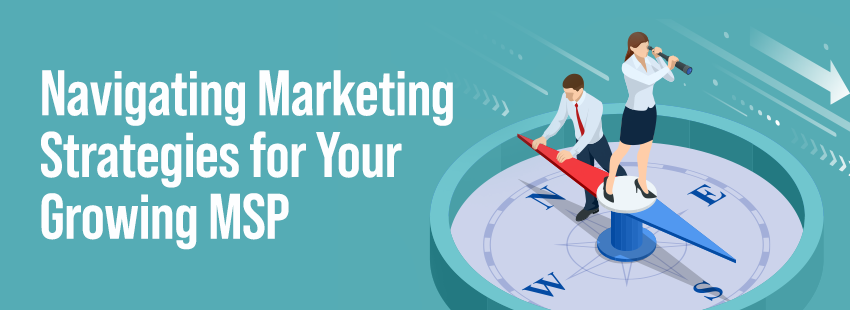Measuring Expectations for Marketing Qualified Leads
Listen to the blog
The pursuit of qualified leads has become more sophisticated than ever. As businesses strive to optimize their marketing efforts, the role of lead scoring has gained prominence. This blog takes you on a comprehensive journey, unraveling the intricacies of measuring expectations for Marketing Qualified Leads (MQLs) through advanced lead-scoring strategies.
Understanding Lead Scoring
At the heart of every successful marketing and sales strategy lies the ability to identify and prioritize leads effectively. This is where lead scoring comes into play. In its essence, lead scoring is a systematic process that assigns values to leads based on predefined criteria, allowing organizations to focus their efforts on leads that are more likely to convert.
Setting Expectations: Aligning Marketing and Sales Goals
For lead scoring to be truly effective, it’s imperative to align expectations between marketing and sales teams. While marketers aim to generate and qualify leads, sales teams are focused on converting those leads into customers. A well-crafted lead scoring strategy ensures that both teams are on the same page, working towards common goals and key performance indicators (KPIs).
Defining Lead Scoring Criteria
The success of any lead scoring system lies in its criteria. Demographic and behavioral factors play a pivotal role in determining a lead’s score. Demographic criteria may include company size, industry, and location, while behavioral criteria encompass actions such as website visits, content downloads, and webinar attendance. The interplay of these factors contributes to a comprehensive lead qualification process.
Weighting and Scoring System
Assigning appropriate weights to different criteria is crucial in ensuring a fair and accurate representation of a lead’s potential. A point system allows organizations to quantify the significance of each criterion. Additionally, establishing score thresholds helps delineate when a lead transitions from being a Marketing Qualified Lead (MQL) to a Sales Qualified Lead (SQL), streamlining the handover process between marketing and sales teams.
Feedback Loop: Continuous Improvement
The landscape of business is dynamic, and so too should be your lead scoring strategy. Regular reviews and adjustments based on feedback from both marketing and sales teams are essential. An adaptive approach ensures that the lead scoring system remains aligned with shifting market dynamics, evolving business strategies, and changes in customer behavior.
Integration with CRM and Marketing Automation Tools
To harness the full potential of lead scoring, integration with Customer Relationship Management (CRM) and marketing automation tools is imperative. This seamless connection enhances efficiency by automating repetitive tasks, providing real-time insights, and facilitating a more streamlined lead management process.
Measuring Success and ROI
Key Performance Indicators (KPIs) serve as the compass for assessing the success of a lead scoring strategy. Metrics such as conversion rates, lead-to-customer ratios, and the overall impact on revenue are essential in gauging the return on investment (ROI). An effective lead scoring system not only identifies high-potential leads but also contributes to the bottom line.
Case Studies and Best Practices
Theoretical concepts are reinforced through real-world examples and best practices. Explore case studies from various industries, showcasing how organizations have successfully implemented advanced lead scoring strategies. These insights offer practical applications and inspiration for refining your own lead scoring approach.
Q&A and Discussion
Engaging the audience is a crucial aspect of knowledge sharing. Encouraging readers to participate in a Q&A session fosters a sense of community and allows for the exchange of diverse perspectives. This collaborative approach enriches the understanding of lead scoring and encourages ongoing dialogue.
Action Items and Next Steps
As we conclude this exploration into advanced lead scoring strategies, it’s essential to provide readers with actionable steps for implementation. A roadmap outlining the next steps, along with recommendations for fine-tuning their lead scoring system, ensures that the insights gained from this blog can be applied in a practical and meaningful way.
Embark on this journey with confidence, armed with the knowledge to elevate your marketing and sales strategies through the mastery of measuring expectations for Marketing Qualified Leads via advanced lead scoring. As businesses continue to evolve, so too should our approaches to lead qualification and engagement.





